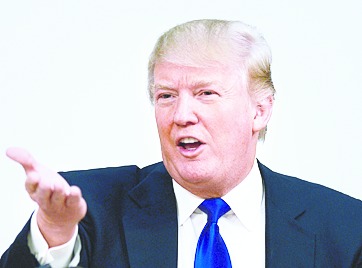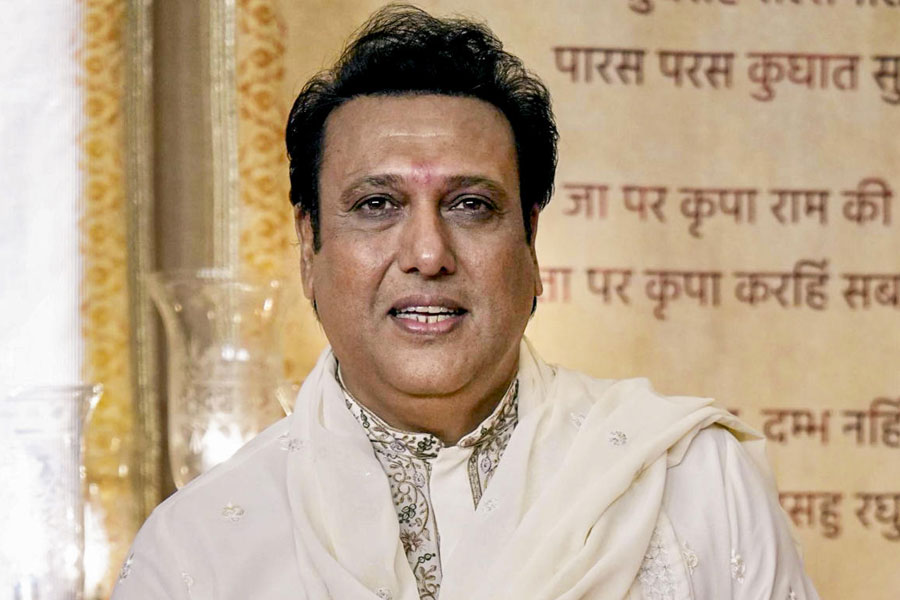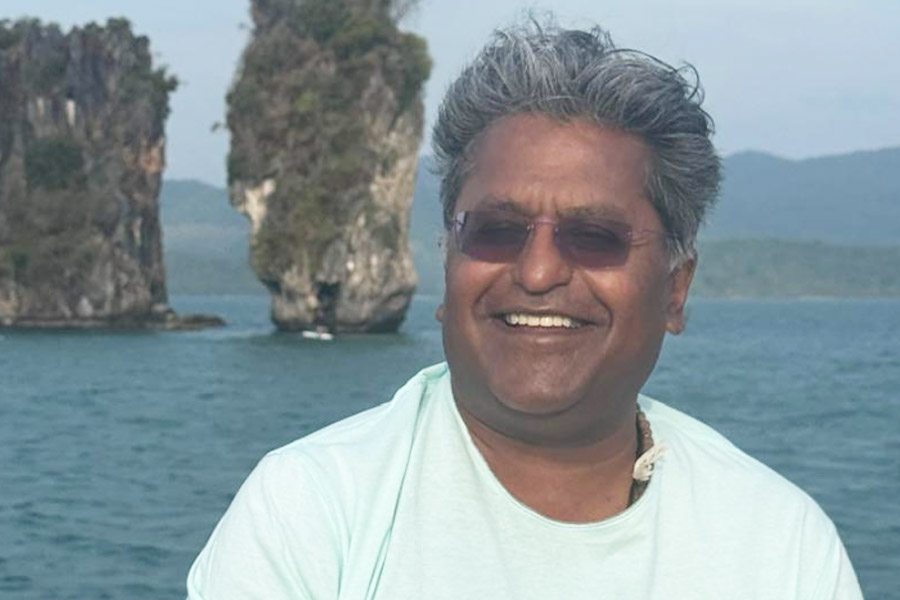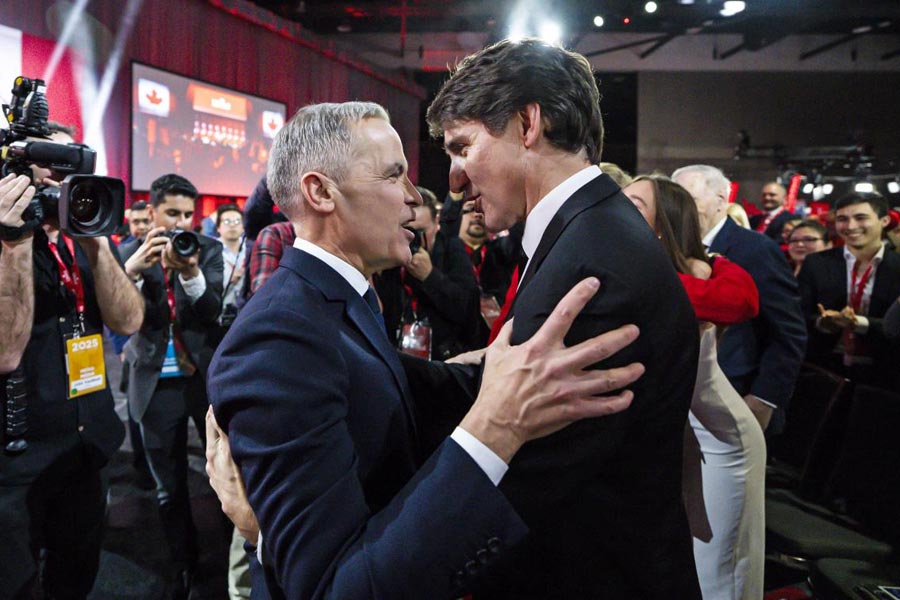
Long before Donald Trump was the frontrunner in the Republican presidential primary, he was known in New York City as a playboy, tycoon, and clown. Trump's background has come up explicitly a number of times this campaign, most dramatically when his Republican adversary, Ted Cruz, insulted his "New York values" during a debate.
The press in India has borne stupefied witness to Trump's priapic boasting and race-baiting this year; considerably less attention, however, has been paid to the origins of Trump's power and unlikely charisma. To understand Trump, it is necessary to understand his past in New York City.
It was Donald's grandfather, Friedrich Trump, an itinerant operator of brothels, who moved to the city and started buying real estate. Friedrich's son, Fred, quietly used political connections to build the family's holdings into an empire. Donald, the scion of this line, first made news in 1973, when he and Fred were accused by the department of justice of refusing to rent apartments to African-Americans. This portentous episode didn't stop The New York Times from running a flattering profile of Donald three years later: "He dates slinky fashion models, belongs to the most elegant clubs and, at only 30 years of age, estimates that he is worth 'more than $200 million.'" Donald was in the process of scoring a major business success, securing hundreds of millions in tax abatements and loans to redevelop New York's grand old Commodore Hotel.
Now a widely recognized young man on the make, Trump launched himself on a series of wacky, narcissistic, and oddly violent business ventures. During the Trump Castle World Powerboat Championship in 1989, four boats sank, three racers broke their backs, one was concussed, and another was killed. The same year he also organized a bicycling race - named, in all seriousness, the "Tour de Trump" - in which the leaders were assaulted by other competitors and hit by a support-crew Jeep. When Trump was trying to get rid of renters from a building he hoped to tear down, he asked the city to start housing the homeless in its vacant apartments - an offer he claimed to make for entirely altruistic reasons.
For New York's gossip columnists and metro reporters, Trump made unbeatable copy. More than an entrepreneur, he was a character, an ebullient, irrepressible hustler. When Trump was asked what figures from history inspired him, he named Flo Ziegfeld, the vaudeville producer best known for his Broadway show, Ziegfeld Follies, and its chorus line of leggy dancers. Trump was self-consciously a performer in the tradition of New York showmanship.
His ambition, however, wasn't exactly as benign as that of an entertainer like Ziegfeld. Many New Yorkers still bitterly remember how Trump whipped up racial hysteria during the city's erroneous prosecution of black and Hispanic teenagers for the rape of a white woman in Central Park. At various times, Trump publicly contemplated running for mayor of New York City, governor of New York state, and president of the United States of America. The first time Trump indicated he might run for president, in 1987, the now-defunct New York humour magazine Spy greeted the prospect gleefully: "If Donald Trump runs for president, God, we promise we will never make fun of the pope again." A presidential run by this zany cretin seemed comical and hopeless.
Now the same qualities that made Trump a joke for decades - his overblown egotism, his insistent tastelessness, his transparent mendacity - have propelled him to the centre of political power. How is he suddenly being taken so seriously by so many people? This signals a fundamental change in American politics. Eight years of the Republican Party denouncing the popularly-elected American president as illegitimate, along with a Supreme Court decision allowing the country's wealthiest citizens to spend unlimited funds to influence elections, have helped foment widespread cynicism. With so many concluding that the system is rigged, Trump's snarling contempt for propriety has found its moment.
In fact, his strongest base of support may not even have voted yet. New York holds its primary today, and it is projected to be the first state Trump wins with an outright majority.











